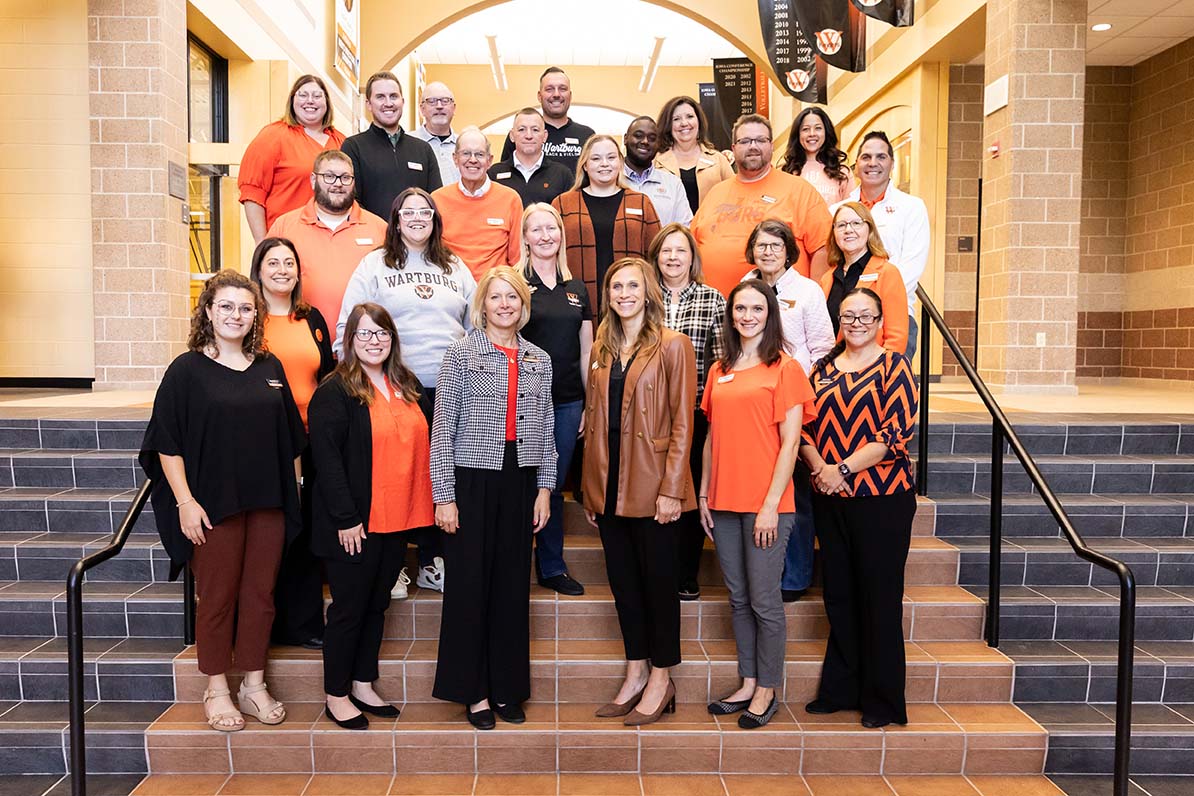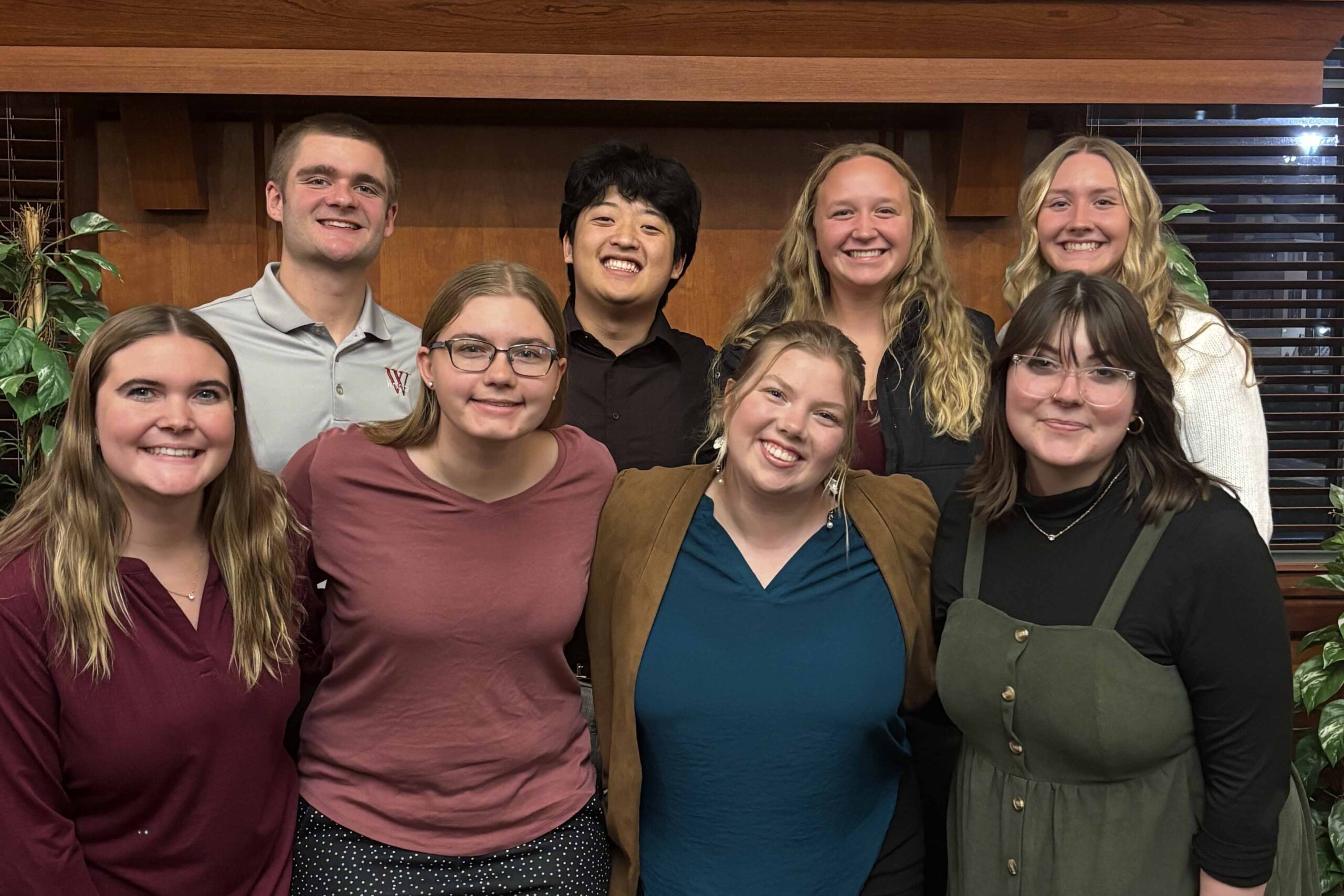
Residential Life
Wartburg prides itself on being a four-year residential institution! The Wartburg College Residential Life Program is an integral part of the educational program and academic support services of Wartburg College. The mission is to provide a living-learning environment for all residential students, in accordance with the nature and goals of the college.
The goals of the residential life program include: providing individual and/or group educational and development opportunities, offering well-maintained facilities, and providing responsive, efficient, and effective management of services and resources.
Benefits of Living on Campus
Academic
Performance
Living on campus gives students an academic edge. Studies show students who reside on campus achieve higher grade point averages than their off-campus peers.
Personal
Development
Campus housing creates a supervised environment conducive to healthy personal/social development .
GREATER
DIVERSITY
Wartburg students living on campus represent more diversity racially and ethnically than living in the Waverly community.
TIME
MANAGEMENT
Many students find living on campus much more convenient than living off campus and generally take greater advantage of academic support services.
Housing Options
FIRST-YEAR RESIDENCE HALLS
Slife, Vollmer, Founders, and Clinton Hall
Most rooms are doubles; however, three-person rooms are available.
UPPER DIVISION HOUSING
Grossmann, Löhe, Hebron, Afton and Waverly Manors, and The Residence
Room styles include singles, doubles, and three-, four-, six- and eight-person suites.
TOWNHOUSE LIVING
Knights Village
Individual two-story townhouses for four to six students include a furnished living space and kitchen.
Housing Resources
Engage in Service Living.
The Residence, a suite-style residence hall, is a living and learning environment in which residents come together as a community to grow as servant leaders and gain greater social awareness. The primary goal of The Residence Service Projects is to work as a group to identify and meet a need in the community.
Service projects must be developed with the intention that all members of the group participate in the planning and implementation of programs and events. In addition, each member must be committed to serving a community partner. The project should begin at the start of Fall Term and continue for the entire academic year.





